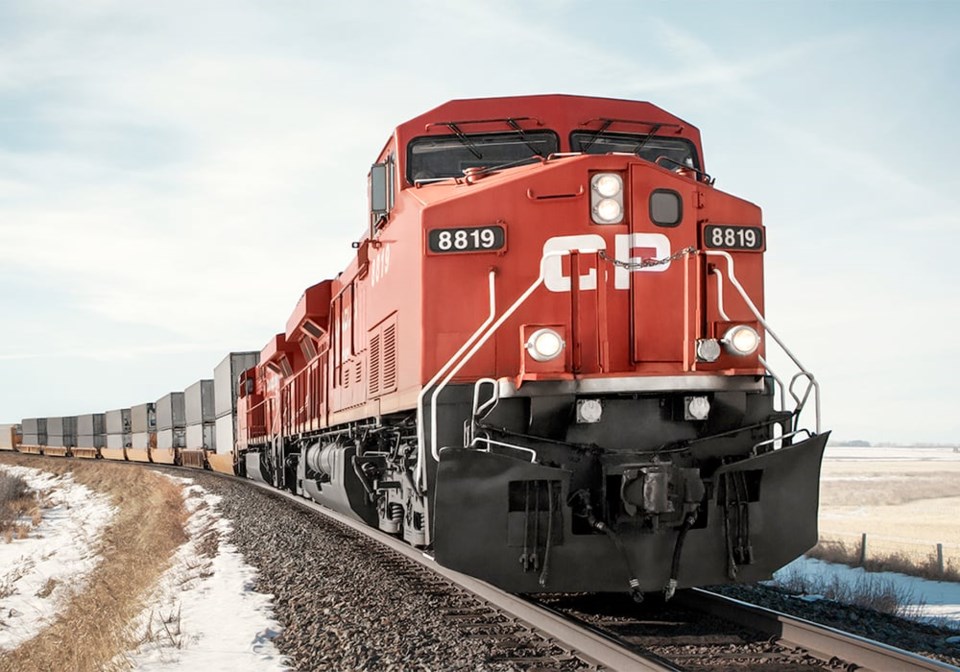YORKTON - In a country where export sales drive so much of the economy access to ports is hugely important.
And in a country as vast as Canada that means relying hugely on the rail system.
Whether it’s Prairie wheat, or canola, or potash, most of it will be consumed outside Canada, most outside of North America. It must be put on a ship to get to those markets, but first it rides the rails to get to port position.
So when labour disputes at the two key rail companies in Canada cause disruptions to their service it sends ripples of concern through the economy, especially among Canada’s farm groups.
Certainly the office email at Yorkton This Week has seen a steady flow of releases from farm groups.
It started in late July with the likes of a Wheat Growers release under the headline ‘Ministry of Labour Continues to Dither on Rail Strike’.
Then as recently as Aug., the same organization has another release sent out under the headline ‘Government (In)Action – Days Late and Millions of Dollars Short’.
On one hand the Wheat Growers released suggested the organization was pleased that the federal government has finally listened and invoked Sec. 107 of the Labour Act and put an end to the labour strike at both national railways.
“The Wheat Growers have called for the government to take decisive action since May 2024. Agriculture and all other industrial sectors have been held hostage by this rail strike,” stated WG president Gunter Jochum in the release.
But, the WG also suggested, to arrive at this juncture is unacceptable to consumers and producers alike. Canadians cannot face the uncertainty of a rail stoppage every year. Stronger action needs to be put in place to ensure certainty for the long-term.
“The Canadian economy has been impacted by this government’s inaction. We did not need to be in this situation,” said Jochum.
And, therein lies a definite conundrum of the situation – where rail disruptions do occur with some regularity which is on one hand concerning for exporters, but part of how workers and management ultimately come to the table to hammer out contracts.
There are those who would slap an ‘essential service’ tagged on railways, and economically the tag would be appropriate.
But, one needs to be careful when you limit the actions of workers and company officials in terms of the tools of strike and lock-out as a way to get a deal moving forward.
As a result rail service disruptions have remained both an ongoing trade concern, and a political hot potato without an easily found solution which provides balance for all.





